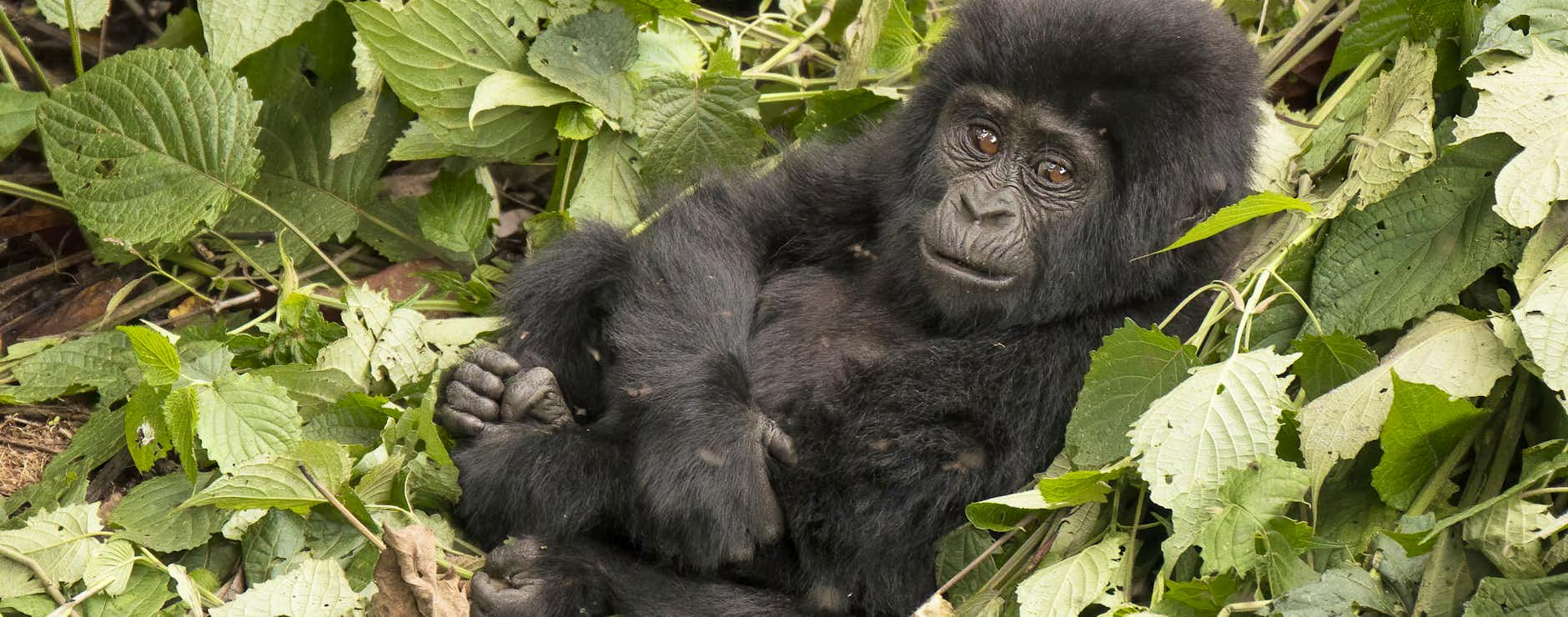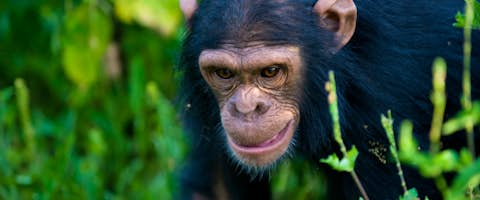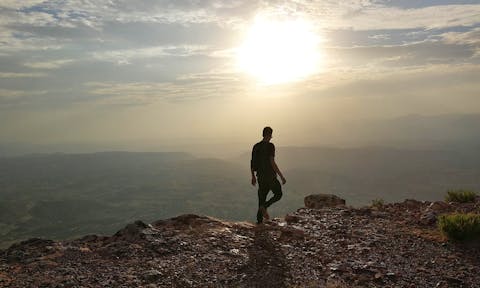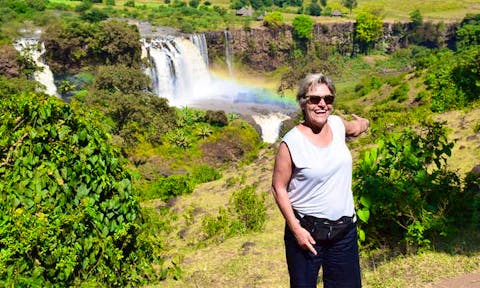Is Gorilla Trekking Ethical?
There are just over 1000 mountain gorillas left in the world today.
When Bwindi Impenetrable National Park first opened up to tourists in 1993, only one of two gorilla families lived in the area. Since then, the number of gorilla families in the forest has increased to 19.
If gorilla trekking in Uganda wasn’t a thing, there'd likely be no more gorillas left in the wild. In 2018, they were moved from critically endangered to endangered. This is a huge step forward, and has been made possible by the thousands of visit them every year.
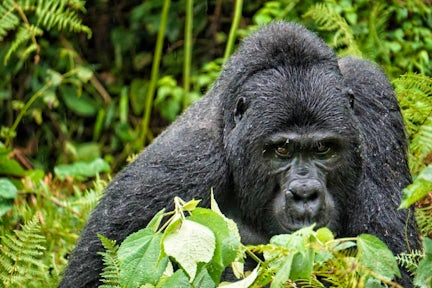
In order to trek gorillas, you need to purchase a permit from the Uganda Wildlife Authority. The standard permit allows you to spend one hour with the gorillas, and the majority of the money goes directly to conservation, with a small amount going to the local community.
By purchasing a permit you’re directly supporting the conservation of the gorillas, protecting the gorillas from poachers, and helping with invaluable research.
This link between gorilla trekking and conservation efforts was made dramatically clear during the 2020 COVID-19 pandemic. The closure of the park and the lack of tourists meant that poaching increased during the year. A 25-year-old silverback Rafiki, leader to a family of 17, went missing in June. His body was discovered a day later, and it was confirmed that he was killed by a poacher.
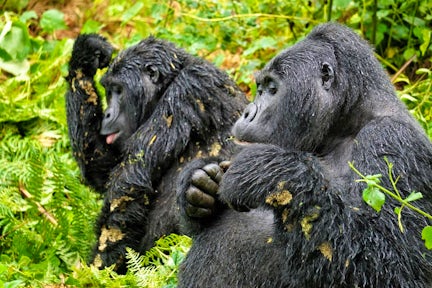
Gorilla permits drop in price during the low season.
Tourism is important, it is the engine behind the conservation efforts of these amazing animals. That said, conservation is always valued over profit, and there are strict rules to limit the number of visitors allowed each day, and protocols are in place to ensure the trekking is done in a way that does not cause any distress to the gorillas, or any damage to their environment.
All gorillas in Bwindi have undergone a habituation process, meaning they’ve been slowly exposed to humans over a long period of time, until they are no longer fearful, or aggressive.
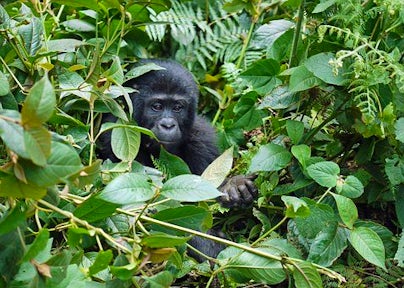
The rules put in place
You’ll be given a detailed briefing by your guide before your gorilla trek. During the briefing, your guide will outline the rules you must follow. These include:
- Keep 7 metres away from the gorillas at all times to prevent the risk of spreading diseases
- If you’re unwell, do not attend a trek
- Do not eat or drink around the gorillas
- Never feed the gorillas
- Be careful not to drop any rubbish
- Do not touch the gorillas
- Try to avoid looking them directly in the eye, as this can be perceived as you challenging them, which can cause them to charge
- If gorillas charge, look down, crouch down slowly, and be quiet
- Avoid making any loud noises
- Do not purchase souvenirs made out of wildlife products
- No flash photography, as this can scare them
- Listen to the instructions of your guide at all times
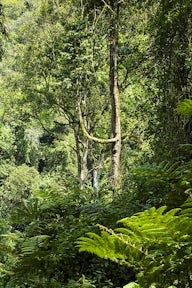
Uganda Gorilla Trekking and Covid

Brilliant says
If you respect the rules, gorilla trekking is ethical. They’re likely to remain a conservation-dependent species, so it’s imperative we continue to support them.
Ready to visit the gorillas?
The tours below showcase just some of what is possible. Use these itineraries as starting points, or to draw inspiration. Then get in touch, and let our expert team help craft the perfect itinerary for you.
Thinking about visiting Uganda?
Listen
We'll spend some time listening to your aspirations, then discuss the kind of experience that might suit you.
Match
Next we'll discuss the options, shortlist the best trips for you and present you our impartial recommendations.
Reserve
We'll place a 24 hour hold on your preferred option - without obligation - whilst we talk through the details.
Get in touch and we can help you understand your options, design an itinerary that's right for you, and then get you set up and ready to go.
+1 315 645 2889

